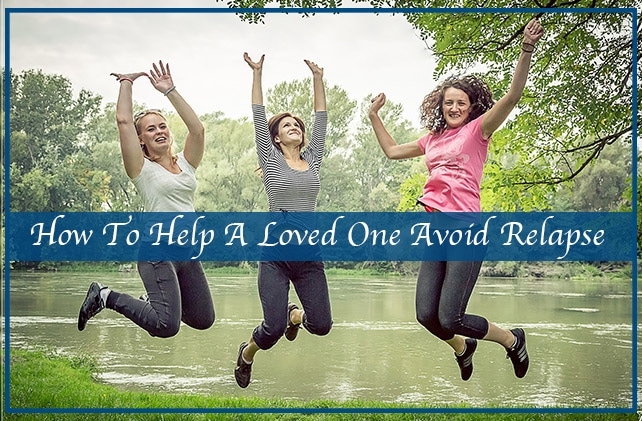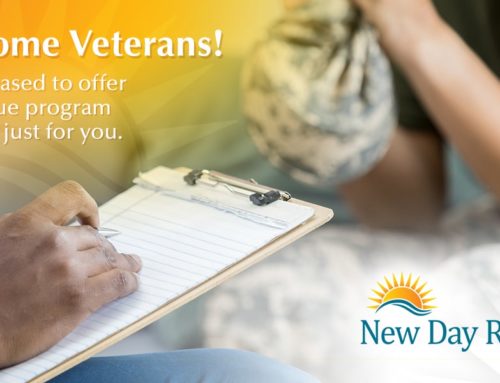It is a huge relief when a loved one receives professional help for substance abuse. Getting sober is not easy and living a sober life is a life long commitment, but the road to recovery is easier with the help and encouragement of family and friends. During the recovery process it is not uncommon for an addict to experience a brief return to the substance they abused, called relapse, in their attempt to stay clean or sober. It is important as a loved one to a recovering drug abuser or alcohol abuser what relapse triggers they might have and how to prevent a relapse. 
There are ways to help a loved one avoid a relapse. Realize first off that it’s not your responsibility to prevent a relapse. Ultimately, only the addict can choose to not go back to drugs/alcohol. Remember the first year of being sober is usually the hardest. During this time be extra supportive and available. Do not partake in their addiction when you are around them and remove the substances from your home if your loved one is living with you.
The best course of action to prevent relapse is therapy, social support, and lifestyle modifications.
Encourage your loved one to stay in therapy.
It is important for your loved one to stay in some type of therapy. The addict needs to find a therapy that he/she feels comfortable with and believes works! Once a treatment plan is determined:
- Be positive about the treatment and how much progress has been made
- Offer to drive your loved one to therapy and always go to follow-ups if you are requested
- Try to make sure your loved one remember appointments and never plan anything conflicting to ensure all appointments are attended
Know possible relapse triggers.
Find a good time to talk to your loved one about what his/her triggers are or help them identify triggers. Common relapse triggers are:
- Socializing with friends that use drugs/alcohol
- Certain days or times of the day when they abused
- Places associated with their addiction
- Stressful situations
Once these triggers are identified, encourage your loved one to avoid them. Involvement in activities during hard times in a day can be helpful and introduce him/her to new friends and encourage positive relationships. Be on high alert if your loved one is going through a stressful situation such as:
- Death of a loved one
- Loss of a job
- Failing marriage or relationship
- Financial or legal problems
- Health difficulties
Even though you have no control over any of these situations, be extra supportive, compassionate, involved, and available to talk.
Understand when intervention is necessary.
If your loved one does relapse, try not to get discouraged or angry, even though it’s very discouraging for you and those fears start all over again. Unfortunately for many, relapse can be a part of the recovery process. Your loved one needs your support if they mess up. Don’t ignore the situation though, and quickly encourage your loved one to seek help as soon as possible.
Get professional help.
Nothing is more painful than watching a loved one struggle with addiction. The 2015 National Survey on Drug Use and Health (Sept 2016) found that in 2015, approximately 20.8 million people in the US, aged 12 or older, had a substance abuse disorder related to alcohol or illicit drugs in the past year. However, only 2.3 million people received treatment. Many people that need help don’t get it. Call New Day Recovery today at (330) 953-3300. Please get help before it is too late.







